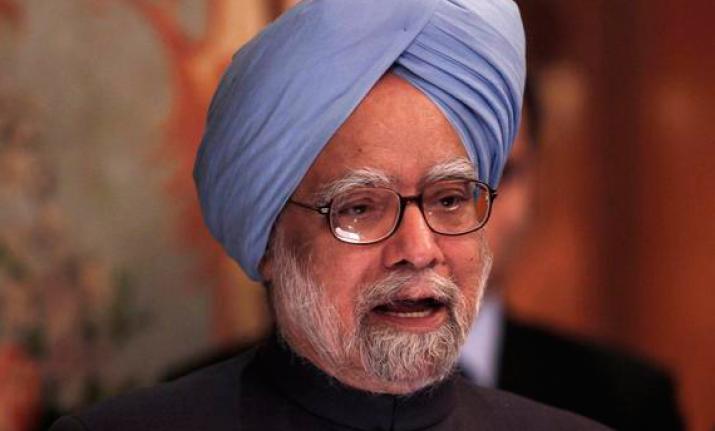The Congress party repeatedly blames the Modi government for not being able to control the rising fuel prices. But what it does not reveal to public is how unsuccessful the Congress government was when it came to controlling the fuel prices when it was in power. The fuel prices rose exponentially in 2004-08, UPA government started subsiding fuels to keep the prices low. However, due to rising fiscal deficit it found itself unable to subsidize petroleum further. So, the government started issuing ‘oil bonds’ to oil Marketing Companies (IOC, HPCL and BPCL) instead of paying subsidies directly to them. Between 2005-06 and 2009-10, oil bonds worth Rs. 1,42,202 crore were issued by the Government with rate of interest on them ranging from 7.33 percent to 8.4 percent per annum repayable up to 2024-25 by successive governments.
The Congress government did not include these ‘oil bonds’ on balance sheet of government to show healthy public finance. But the subsequent NDA government have to pay the principal amount and almost 70,000 crore interest on these oil bonds. “Congress party (government) purchased oil bonds of Rs 1.44 lakh crore that we (NDA govt) inherited. Not only this, we also paid Rs 70,000 crore on interest part alone. In total, we (govt) discharged our responsibility by repaying over two lakh crore,” said Union petroleum and natural gas minister, Dharmendra Pradhan. To keep petroleum prices low and get votes from people through populist measures, the Congress government put the country in 2 lakh crore debt that too without mentioning it on balance sheet.
Many top policymakers criticized ‘oil bonds’ policy but Congress party, being true to its habit of ‘living beyond means’ issued bonds excessively to keep petroleum prices low to please the public. Shankar Acharya, former chief economic advisor to government of India wrote in an article “Very soon the government will find itself squeezed between the rock of having to raise prices and the hard place of rationing/queues/black markets,” published with headline ‘why oil bonds are not a solution’ in Business Standard. Interestingly oil bonds were idea of our ‘know it all’, former finance minister P Chidambaram. He tried it first time when he was finance minister in United Front government (1996-98) with limited success but decided to go with it to save the face of the government.
The opposition and media have successively blamed Modi government for not being able to control the rising petroleum prices. However, it is the state government which benefits most from taxes on fuels. The state government levies ad valorem tax (“according to value”), which means that this tax changes with a change in oil prices. Whenever the price increases, the tax also increases, and vice versa. For example, if the price of oil is Rs. 100 and the tax on that is 20 percent then the consumer has to pay Rs. 20 as a tax, but when the price is Rs. 200 then the consumer has to pay Rs. 40. Different states have different tax rates on petroleum ranging 40 percent to 10 percent.
The Central government imposes a fixed central excise duty on petrol and diesel, which is currently Rs 19.48 per liter of petrol and Rs 15.33 for diesel. Hence, there is no scope for the Modi government benefiting from a price surge because the tax by the central government is fixed, irrespective of increase in prices. The rates were changed last on October 4, 2017, when the government slashed the price by two rupees. The next important point that needs to be noted is that the Fifteenth Finance Commission had increased states’ share of Union taxes to 42 percent from the previous 32 percent. Therefore, 42 percent of what the central government earns through central excise duty ultimately goes to the states. So, even what central government earns through taxation on petroleum, almost half of that goes to states. The responsibility of reducing taxes primarily lies with the state governments and not the central government.
